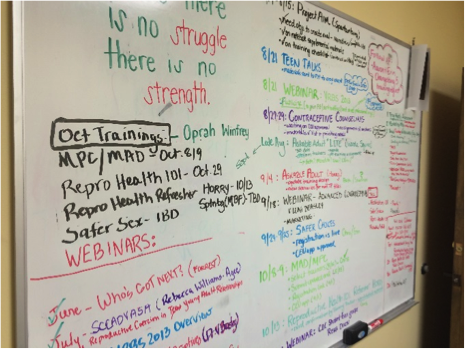Do you simply want to survive your children's teen years? Or, would you like to have a more engaged, joyful experience of parenting? I stumbled across an interesting article in the 2014 winter edition of The Law of Attraction magazine titled Are you an Available Parent? Dr. John Duffy specializes in "maximizing satisfaction and minimizing conflict between parents and their teenagers – what we call Parent-Child Connectedness in the teen pregnancy prevention world. Duffy describes being an available parent as acknowledging, accepting and challenging your teen openly and without judgment. Overall, the article was very enlightening and even as a non-parent I can use some of the techniques with the young people I come in contact with on a consistent basis.
 Here are a
few highlights:
Here are a
few highlights:
·
If
your teen isn't good enough in your eyes, they will throw in the towel on your
relationship as well which may lead to years of heartache, frustration and
joylessness.
·
By
remaining available to your child during his/her teenage years, you lay a
foundation for a healthy, loving relationship with him/her in their adult
years.
·
Instead
of focusing solely on your teen's behavior, over which you exert little or no
control, focus on your behavior as a parent, which you have full control.
·
Use
your teen’s missteps and experiences as opportunities and teachable
moments.
·
Don't
feel like your teen is always being oppositional for sport. It's a normal and
important part their development.
by Meredith Talford, Training and Technical Assistance Specialist, SC Campaign to Prevent Teen Pregnancy
- This article is adapted from his book The Available Parent. For more information visit http://drjohnduffy.com/
- Dr. John Duffy is not related our Director of Research and Evaluation, Dr. Jennifer Duffy.




